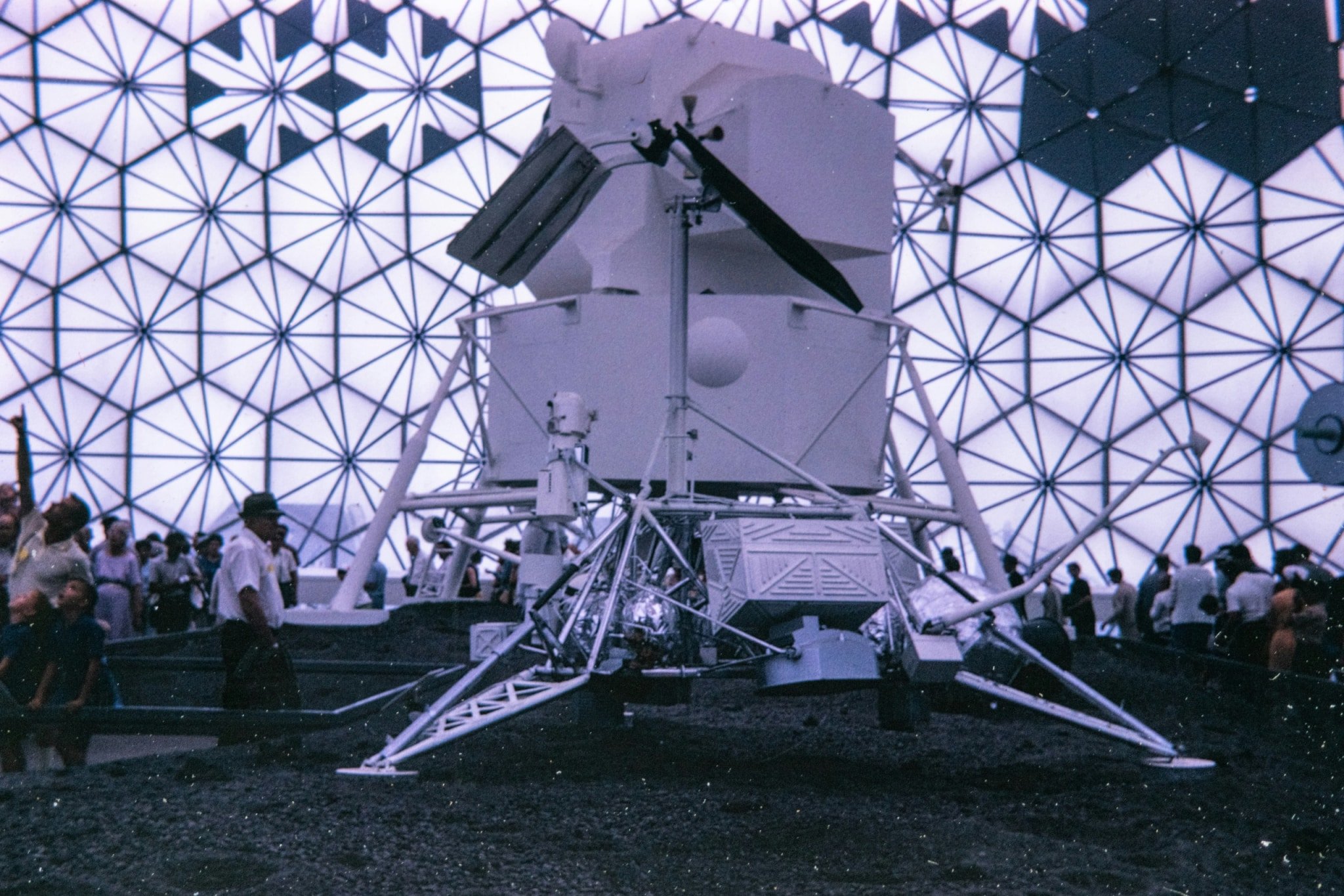Horse racing boasts a rich and storied history that dates back thousands of years, intertwining with the development of human civilization itself. The earliest recorded instances of horse racing can be traced to ancient civilizations, such as the Greeks and Romans, where chariot races were a popular form of entertainment. The Olympic Games of 648 BC included a race known as the “tethrippon,” which featured four-horse chariots.
This early form of racing laid the groundwork for the sport as we know it today, showcasing not only the speed and agility of horses but also the skill of their drivers. As time progressed, horse racing evolved into a more organized sport. By the Middle Ages, knights would often race their steeds in competitions that highlighted both speed and endurance.
The establishment of formalized rules and regulations began in the 16th century, particularly in England, where the first recorded race took place in 1174 at a royal event. The introduction of thoroughbred breeding in the 17th century marked a significant turning point, as it led to the development of faster and more agile horses specifically bred for racing. The Jockey Club, founded in 1750, further formalized the sport by establishing rules and standards that are still influential today.
Key Takeaways
- Horse racing has a long history dating back to ancient civilizations such as the Greeks and Romans.
- The Kentucky Derby, the Grand National, and the Melbourne Cup are some of the most famous horse races around the world.
- Jockeys play a crucial role in horse racing, using their skills and expertise to guide the horses to victory.
- Racehorses require specialized training and care to ensure their peak performance on the track.
- Science plays a significant role in horse racing, from breeding and genetics to nutrition and performance enhancement.
The Most Famous Horse Races Around the World
The Kentucky Derby: A Time-Honored Tradition
The Kentucky Derby, often referred to as “The Most Exciting Two Minutes in Sports,” is one such race. Held annually on the first Saturday in May at Churchill Downs in Louisville, Kentucky, this race has been a tradition since 1875. The Derby is renowned for its vibrant atmosphere, complete with extravagant hats and mint juleps, drawing spectators from all walks of life. Winning the Derby is considered a crowning achievement for any thoroughbred and its connections.
The Grand National: A Steeplechase Icon
Across the Atlantic, the Grand National in England captures the imagination of racing enthusiasts and casual viewers alike. This steeplechase event takes place at Aintree Racecourse near Liverpool and is famous for its challenging course featuring numerous fences and ditches. First run in 1839, the Grand National has become a national institution, with millions tuning in each year to witness the spectacle.
Unpredictability and Enduring Appeal
The race’s unpredictability adds to its allure; it is not uncommon for long-odds horses to defy expectations and claim victory, creating memorable moments that resonate with fans.
The Role of Jockeys in Horse Racing

Jockeys are integral to the world of horse racing, serving as the skilled riders who guide their mounts through each race. Their role extends far beyond simply sitting atop a horse; they must possess a deep understanding of equine behavior, race strategy, and physical fitness. A successful jockey must be able to communicate effectively with their horse, using subtle cues to encourage speed while maintaining control.
This requires not only physical strength but also an acute sense of timing and positioning within the pack. The relationship between a jockey and their horse is often likened to a partnership built on trust and mutual respect. Jockeys spend countless hours training with their horses before races, developing an intimate knowledge of their strengths and weaknesses.
This bond can be crucial during a race when split-second decisions can determine the outcome. Additionally, jockeys must navigate the competitive landscape of racing, where they often face pressure from owners, trainers, and fans alike. Their ability to perform under such scrutiny can make or break their careers.
For more information on the world of horse racing, you can visit the British Horseracing Authority.
The Training and Care of Racehorses
| Topic | Metric |
|---|---|
| Training | Distance covered per training session |
| Training | Time taken to complete a specific distance |
| Training | Heart rate before and after training |
| Care | Weight of the racehorse |
| Care | Body condition score |
| Care | Hoof condition |
The training regimen for racehorses is both rigorous and specialized, designed to prepare them for the physical demands of racing while ensuring their overall well-being. Training typically begins at a young age, often when horses are just two years old. Trainers employ a combination of galloping, sprinting, and endurance exercises to build strength and stamina.
These workouts are meticulously planned to avoid injury while maximizing performance potential. Additionally, trainers often incorporate various techniques such as interval training to enhance speed and agility. Beyond physical training, the care of racehorses encompasses a holistic approach that includes nutrition, veterinary care, and mental well-being.
A balanced diet rich in high-quality grains, hay, and supplements is essential for maintaining optimal health and energy levels. Regular veterinary check-ups are crucial for monitoring any potential health issues that could affect performance. Furthermore, mental stimulation through socialization and varied environments is vital for keeping horses engaged and reducing stress.
This comprehensive approach ensures that racehorses are not only prepared for competition but also lead healthy and fulfilling lives.
The Science Behind Horse Racing
The intersection of science and horse racing has led to significant advancements in understanding equine physiology and performance optimization. Researchers have delved into various aspects of horse racing, including biomechanics, genetics, and nutrition. For instance, studies on equine biomechanics have revealed insights into how horses move efficiently at high speeds.
Understanding gait mechanics allows trainers to tailor training programs that enhance performance while minimizing injury risk. Genetics also plays a pivotal role in horse racing success. Breeders have long sought to identify traits associated with speed and endurance through selective breeding practices.
Genetic testing has become increasingly sophisticated, enabling breeders to make informed decisions about pairing horses based on desirable traits. Additionally, advancements in nutrition science have led to the development of specialized diets that support peak performance during training and competition. These scientific insights continue to shape the future of horse racing by enhancing our understanding of what makes a champion.
The Thrill of Betting on Horse Races

The Emotional Investment of Betting
The thrill of betting lies not only in the potential financial gain but also in the emotional investment it fosters among fans. As spectators place their bets, they become more engaged with the race itself, cheering for their chosen horses with fervor. This heightened sense of involvement can create an electric atmosphere at racetracks or even through online platforms where fans can wager from anywhere in the world.
Accessibility of Betting in the Digital Age
Moreover, advancements in technology have made betting more accessible than ever before, allowing fans to place bets via mobile apps or websites while enjoying live streams of races.
The Evolution of Horse Racing Betting
From its centuries-old roots to its current status as a multi-billion-dollar industry, horse racing betting has undergone significant transformations over the years. With the rise of online platforms and mobile apps, the sport continues to evolve, offering fans new and exciting ways to engage with the action on the track.
The Impact of Horse Racing on the Economy
Horse racing significantly contributes to local and national economies through various channels such as employment, tourism, and agriculture.
In regions where horse racing is prevalent, it can serve as a vital source of employment opportunities that support entire communities.
Tourism is another critical aspect of horse racing’s economic impact. Major races like the Kentucky Derby or Royal Ascot attract thousands of visitors each year who contribute to local economies through spending on accommodations, dining, and entertainment. Additionally, agricultural sectors benefit from horse racing through breeding farms that produce thoroughbreds and related businesses that supply feed, equipment, and veterinary services.
The ripple effect of horse racing extends far beyond the racetrack itself, influencing various industries and generating substantial revenue.
The Future of Horse Racing
As horse racing continues to evolve in response to societal changes and technological advancements, its future remains dynamic and multifaceted. One significant trend is the increasing emphasis on animal welfare and ethical treatment within the industry. Organizations are implementing stricter regulations regarding horse care and safety measures to ensure that equine athletes are treated humanely throughout their careers.
This shift reflects a growing awareness among fans and stakeholders about the importance of prioritizing animal welfare alongside competitive success. Technological innovations are also shaping the future landscape of horse racing. From advanced data analytics that provide insights into performance metrics to virtual reality experiences that allow fans to engage with races in new ways, technology is enhancing how audiences interact with the sport.
Furthermore, online betting platforms are becoming increasingly sophisticated, offering real-time data analysis and personalized betting experiences that cater to individual preferences. As these trends continue to develop, they promise to redefine horse racing for future generations while preserving its rich heritage as a beloved sport steeped in tradition.
If you are interested in the future of horse racing, you may also want to check out this article on electric bikes of 2024 and how they are revolutionizing sustainable commuting. This innovative technology could have implications for the future of transportation and even impact the way we travel to and from horse racing events. Additionally, you may find the article on biotechnology innovations and implications for the future interesting as it explores how advancements in biotechnology could potentially shape the future of horse racing.
FAQs
What is horse racing?
Horse racing is a sport where horses, typically thoroughbreds, compete in races, either on flat tracks or over jumps. It is a popular spectator sport and also a form of gambling in many countries.
How long has horse racing been around?
Horse racing has a long history, dating back to ancient times. It is believed to have originated in Central Asia around 4500 BC and has been a popular sport in many cultures throughout history.
What are the different types of horse racing?
There are several different types of horse racing, including flat racing, steeplechase racing, harness racing, and endurance racing. Each type has its own set of rules and traditions.
What is the Triple Crown in horse racing?
The Triple Crown is a prestigious series of three races for three-year-old thoroughbred horses. The races are the Kentucky Derby, the Preakness Stakes, and the Belmont Stakes. Winning all three races is considered a great achievement in the sport.
How are horses trained for racing?
Horses are trained for racing by experienced trainers who use a combination of exercise, diet, and specialized training techniques to prepare the horses for competition. Training methods can vary depending on the type of racing and the individual horse.
What are some of the major horse racing events around the world?
Some of the major horse racing events around the world include the Kentucky Derby in the United States, the Grand National in the United Kingdom, the Melbourne Cup in Australia, and the Dubai World Cup in the United Arab Emirates. These events attract top horses, jockeys, and trainers from around the world.















